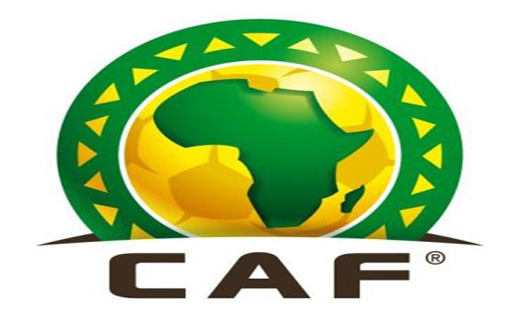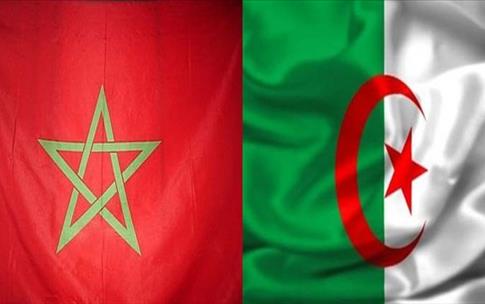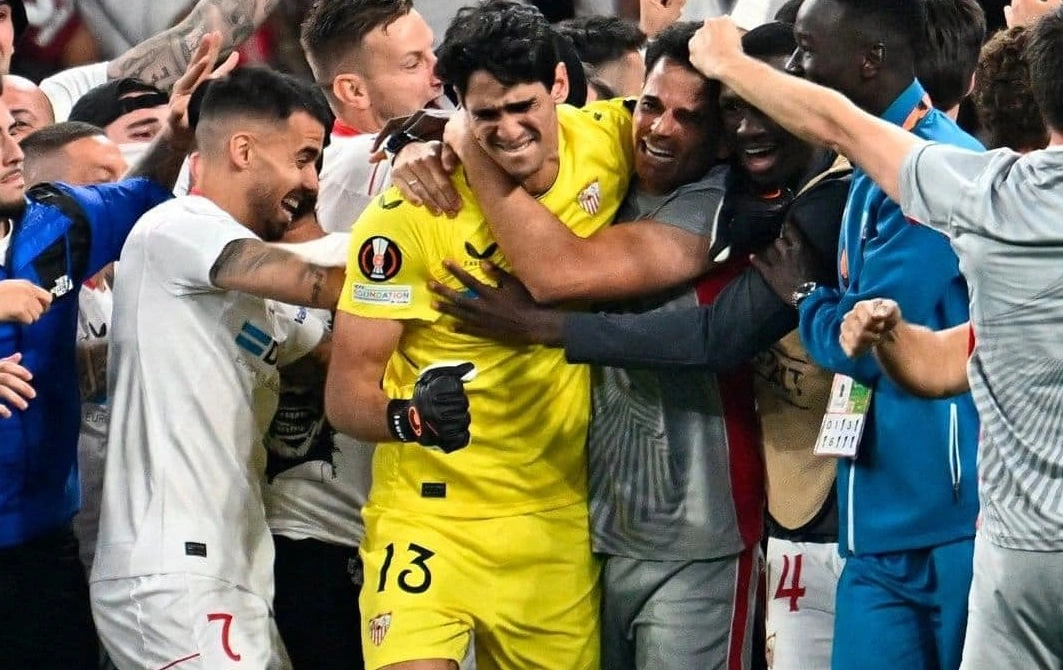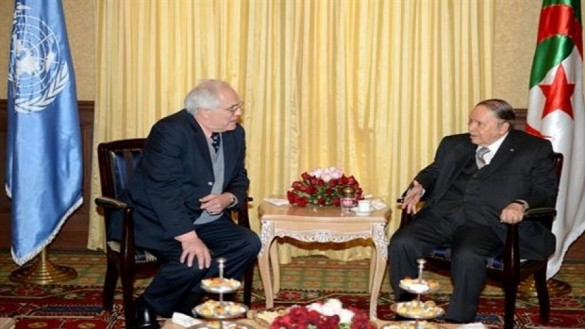
Ottawa, Canada- The political role of the Algerian army continues to be in the country’s policy-making and in accordance with the vision of the juntas since 1962 to this day. We call this long process of power consolidation with weak institutions as the mummification completion. Miriam Lowi (2009) argues that the pre-existing structural contexts of society present political elites with a variety of choices, in which their decision is the most important factor to the reproduction of an authoritarian regime in Algeria which is “largely unchanged in its makeup and strategy” (p. 129). By studying the process of state-formation throughout Algeria’s history stretching back to French colonial rule until the protracted civil war in the early 1990’s and then comparing Algeria’s case with five similar oil-exporting states, oil is proven not to have a causal effect on the robustness of authoritarianism or the weakness of state institutions prevalent in Algeria. Lowi attributes it rather to the strategies employed by the political elites to weaken any opposition to the state, including strategies of repression, co-option and manipulation (p. 133).
The goal of the reshuffling of military officers of second order-that is to say medium ranking militaries-is to remove all those who had a connection with the former head of the intelligence service, General Mohamed Madin, known as General Tawfiq. Adding that the recent changes precede the comprehensive structure of the military as it is in preparation for legislative and local elections next year, before reaching the presidential election in 2019. These changes are related also to the new law that prevents retired soldiers from declaring and engaging in public affairs, referring to the incident of retired general Hussein Ben Hadid, who launched harsh statements against President Bouteflika.
The Aesthetic Mummification
In the late 1980’s, dissent against the military regime of President Chadli Bendjedid was threatening the hegemony of the military-politico oligarchy forcing Bendjedid to call multi-party elections in 1991. When it became clear that the Islamic Salvation Front (FIS) party- who proposed a platform of open markets and privatization rather than having the military dominate in the economy- was going to win the elections, the security forces of Algeria staged a coup d’état against Chadli and violently repressed the FIS in order to maintain hegemony.
Both the presidency and the army leadership are keen to safeguard the two sides to ensure a safe passage to the post-President Bouteflika.The fingerprints of the Deputy Defense Minister, Army Chief of Staff Ahmed Kayed Saleh, are clear in these reshuffling of military officers, by emphasizing having a role in decision-making during the next phase. To fulfil the mummification completion old guards must be kept around. The changes did not affect – as expected – senior commanders who control the army except the Chief of Staff of the ground forces and compensate him by Major General Omar Telmessani, a descendent from the province of Telmessan (the hometown of President Bouteflika).
The military has also employed the strategy of co-option to divide and fragment the Islamist and Kabilists movements by exploiting the groups’ fractionalization, weak leadership, and cult of personality, characteristic of parties such as HAMAS and Ennahda (p. 135). Since the independence from French colonial rule in 1962, political leaders have manipulated rents to uphold the “mythology of the state” and the rhetoric of popular incorporation, while simultaneously maintaining a political and economic oligarchy (140).
The Legal Mummification
Miriam Lowi puts forth a compelling argument regarding the process of state-formation and political stability in “high growth, development-oriented, oil-exporting countries” (p. 147) in Oil Wealth and the Poverty of Politics. Lowi contends the more mainstream theoretical framework of the rentier state model, as well as structural functionalism with a qualitative study focusing on the agency of political leaders and the decisions they make at “critical junctures” in history. Lowi dismisses the resources trap argument and the rentier state model which posits that the presence of abundant resources and “rent” is what determines political outcomes (p. 30).
The reshuffling process of military personnel is shaped around article 24 of the new amendment providing punitive provisions, which stipulate that an army officer must comply with ‘duty of reservation’. This law prosecute retired military officers before the judiciary in case of violation of the new law “duty of reservation”, along with the penalty of lowering the rank. The law states that militaries must “comply with the duty of a reservation in every place and in all circumstances and shall refrain from any act or conduct that would prejudice the honour or dignity of the military or violate the authority and reputation of the military.
The rentier state framework is also interested in the political implications of oil and rent. Having vast amounts of rent from oil, leaders “become less accountable to the societies they govern, and more autonomous in their decision-making and behavior” (p. 34). Lowi rejects the rentier state model as it fails to “trace casual relationships” and to account for “contradictory trajectories and outcomes” (p. 35). Instead, oil rents are instrumental to political elites as they repress, co-opt, and manipulate society with these resources to ensure they maintain their hegemony in power.
Poverty of Elites
Focusing on “critical junctures”, Lowi attributes the instability of Algeria in the last two decades to the oil bust of 1986 (p. 121). This loss of rent led to the coup d’état in 1992, after which the military leaders fiercely repressed former FIS members and new Islamic fighters, even funding anti-Islamist civilian militias.
The violent repression only increased the ranks of Islamist fighters from 2-4,000 in 1993 to 27,000 by 1995 (p. 134). Changing tactics, the political elites attempted to co-opt the already fragmented and polarized factions within society. They funded and incorporated Islamist parties, as well as granting amnesty to former guerilla through a Peace and Reconciliation process, encouraging Algerians to ”forgive and forget”.
Through co-option, the opposition was divided, and prevented from mass mobilization. With a $20 billion loan from the IMF in 1994, the state was able to keep clientel networks greased and the façade of a functioning, redistributive state (p. 139). As oil prices steadily increased in the 2000’s, political leaders had more rent with which to manipulate public opinion with and mitigate opposition. Lowi concludes that the decisions made by Presidents Zeroual and subsequently Bouteflika in the critical juncture of the Algerian civil war were integral to the reemergence of the Algerian state.
Pre-Existing Structural Contexts
The agency of powerful political actors is a constant qualitative variable which is often neglected, and Lowi’s argument is a necessary but insufficient analysis of the reemergence of the Algerian state. More than anything, exogenous structural forces well beyond the agency of Algerian elites have produced fertile conditions for the reproduction of a military regime. Deep social cleavages in Algerian society have their roots in a French colonial past which lasted over 130 years.
The French institutionalized a system of legal discrimination in civil, fiscal, juridical, and political domains, favoring the Jews and Kabilists over the Arab population (p. 52). This led to the polarization and atomization of power centers among the people. “The reliance on force, the denial and diversity, and the silencing of debate” were part of political life even before the independence in 1962 and nurtured the future militarism of the state (p. 71). More recently, during the instability incurred from the oil bust of 1986, the Algerian leadership has benefited immensely from favorable international conditions, which has allowed the reconsolidation of power and the reemergence of Algeria’s authoritarian state. Without the $20 billion loan from the IMF in 1994, the state would have been unable to maintain clientel networks and repress opposition and could have easily lost control to Islamist guerillas (p. 139).
However, pre-existing structural forces outside of the elites’ agency such as a history of colonial rule with well established institutions, increasing prices for oil, and financial and political support from international actors, has all attributed to the mummification of the a military regime. To stay in power, to divert the attention and to remain mummified, the military invented the polisario.
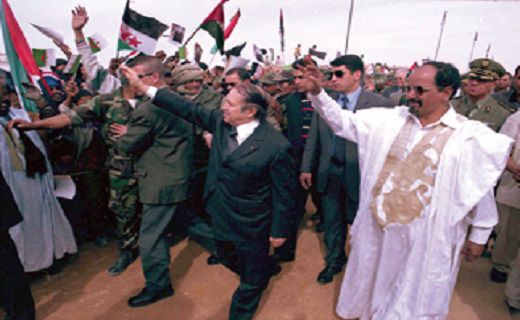
The Invention of Polisario
Employing a discourse analysis as a method of studying how and why former president Boumadyane invented the idea of Polisario, helps us decipher the first order denotation and second order connotation. By a clear decoding of Boumayane speeches that are now easily to access, we discover that false propaganda on self-determination is a pretext to envision an expansion in the Moroccan Sahara. The militia of the so-called Polisario is nothing but just a manufactured product of the military regime in Algiers. The analysis of Ferdinand de Saussure, the Swiss linguist suggests here that president Boumadyane speeches contained signifier of a war over the land, the signified reveals here that this war is between two entities. This is at the level of denotation. At the level of connotation we observe that Boumadyane present the discourse of ‘war is evil’ between brothers. Here comes Rolland Barthes unveiling the MYTH that Boumadyane was trying to instate was Jamal Abdennacer’s plan to overthrew all the monarchies in the MENA region. Not being able to fulfil his ambitions to create chaos in Morocco since the 60’s, the alternative was then to create and invent Polisario.
Through Miriam Lowi’s qualitative approach in explaining the state-building process and authoritarianism in Algeria, and contrary to the popular framework of the resource and rentier state models, Lowi dismisses oil as a determining factor in political outcomes and regimes types. Instead it is the way in which leaders employ these rents which ensures the survival of the regime. By focusing her research on “critical junctures” in Algeria’s history, Lowi was able to isolate the agency and behaviour of political elites and found that they were crucially important to the re-emergence of an authoritarian regime after years of civil war in the 1990’s. The process of maintenance of the military regime has now reached its final stage of mummification.
Resources
Lowi, Miriam (2009). Oil Wealth and the Poverty of Politics in Algeria. New York: Cambridge University Press.


